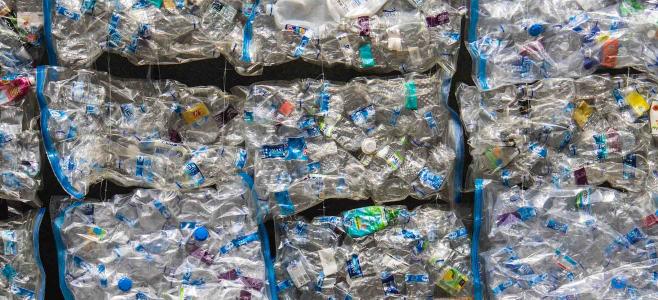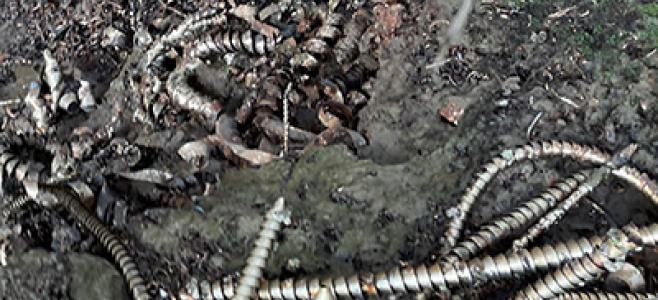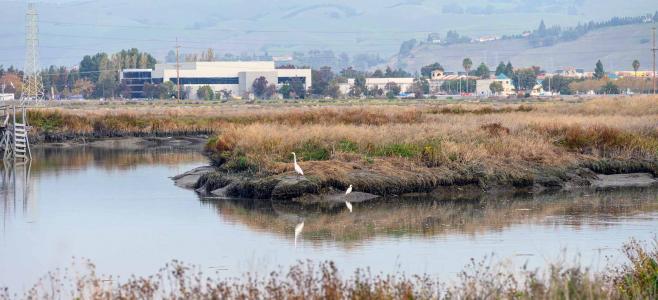A proposed oil storage and shipping facility could pollute San Francisco Bay in multiple ways, Baykeeper recently told Pittsburg city officials. We urged that better plans for pollution controls be required before the project is allowed to move forward.
Baykeeper made our recommendations in Pittsburg’s process of considering the WesPac Pittsburg Energy Infrastructure Project’s draft environmental impact report.
The WesPac Pittsburg Energy Infrastructure Project would modernize a facility on 125 acres along the border of Suisun Bay, a San Francisco Bay inlet. The facility would receive and store crude and partially-refined oil, transferring it later to nearby refineries. The project would reopen an oil terminal that has been shuttered for 15 years, and include 16 oil storage tanks, pipelines and a marine shipping terminal.
Before the oil facility can be approved, Pittsburg is required by California law to produce a report informing the public of any adverse environmental impacts the project may have. The report must also describe actions that the developers must take to mitigate adverse impacts.
In our comments on the draft environmental impact report, Baykeeper urged Pittsburg to more accurately describe the proposed project’s pollution impacts to the Bay. We also told officials that adequate mitigation for the pollution needs to be required.
The California Energy Commission and other industry sources believe this oil facility is needed because the state increasingly relies on imported oil, but doesn’t have enough facilities that handle and store crude oil shipments. However, as currently envisioned, the WesPac facility will fail to meet the requirements of several hard-won regulations created to protect the Bay from pollution:
- Pittsburg’s environmental impact report wrongfully claims that WesPac is exempt from regulations that require them to keep polluted storm water runoff out of the Bay during the rainy season. In fact, because of the project’s size, WesPac will be required to include low impact development features that slow, filter and contain polluted runoff. As an industrial facility, the project will also be required to limit the release of toxic runoff into the Bay.
- The environmental impact report fails to say how WesPac will deal with the danger that an increase in ocean-going ship traffic will contaminate the Bay with more exotic species. Since the project would bring up to 18 ocean-going ships through the Bay each month, the already-severe invasion of the Bay by invasive species will only get worse.
Pittsburg officials are also failing to account for the project’s full impact on the environment. Processing more crude oil in the region—the main result of re-opening the facility—will lead to increased emissions of the greenhouse gases that cause global warming. All Bay Area refineries are a significant source of greenhouse gas emissions.
Baykeeper provided Pittsburg officials with the legal basis for requiring that the WesPac oil facility comply with all regulations requiring reduction and management of pollution. We will keep monitoring plans for this facility and advocate for the strongest possible controls to keep it from becoming a new source of contamination in Suisun Bay and San Francisco Bay.


